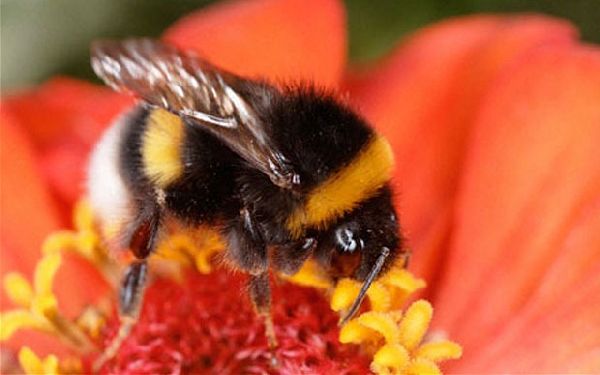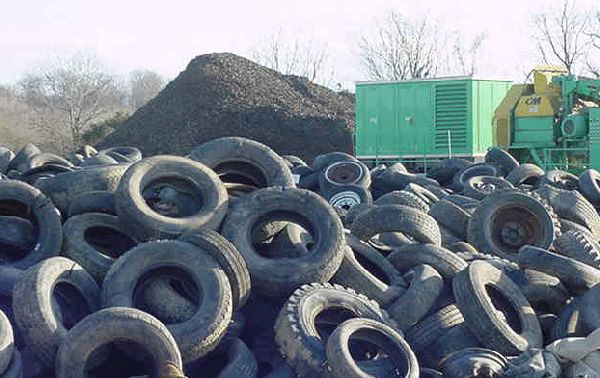Two independent studies, one in UK and the other in France have now reiterated the fact that was always known. Indiscriminate and excessive pesticide usage might yield higher agricultural output in the short term, but the poisonous chemicals are destroying ecosystems and affecting animal life all over the planet. Adding further evidence to this claim is the latest studies conducted on Bumble Bees which clearly indicated the adverse affects of pesticides on these necessary pollinating agents.

When exposed to an insecticide called neonicotinoid, Bumble Bee colonies grew smaller by eight to twelve percent and that clearly means a reduction in wax, honey and other colony building material. The reason for this reduction comes from the reduced food collecting capacity of the bees after they have been exposed to imidacloprid, a type of neonicotinoid insecticide that is widely used on flowering plants.
Another set of studies conducted by French researchers using tracking devices proved that honey bees in contact with the insecticide thiamethoxam were three times more likely to die when they are out collecting food when compared to the normal ones. Scientists speculate that the reason for this is the hindrance of their homing instincts due to the chemical. While further research on other insecticides and drugs that affect wildlife is necessary, there are many parts of the world where cheaper and more harmful pesticides are used to ensure greater crop production.
The latter half of last century saw the world divided over the use of DDT. Other insecticides and pesticides that have replaced it and newer ones that turn up each year all add to soil and water toxicity and enter the food chain to cause adverse affects. Ideally, we would love to find the balance between minimal use of these chemicals and high crop yield. But that will have to involve some short term sacrifices for long term gains.
Via: Telegraph




